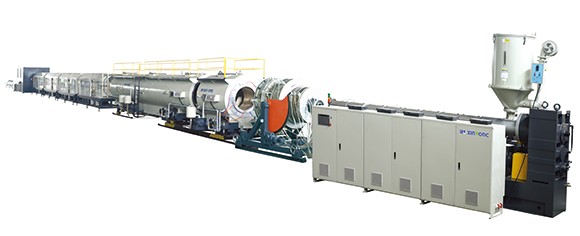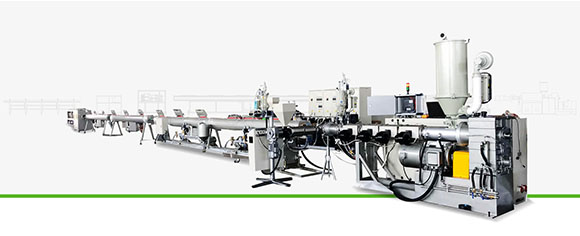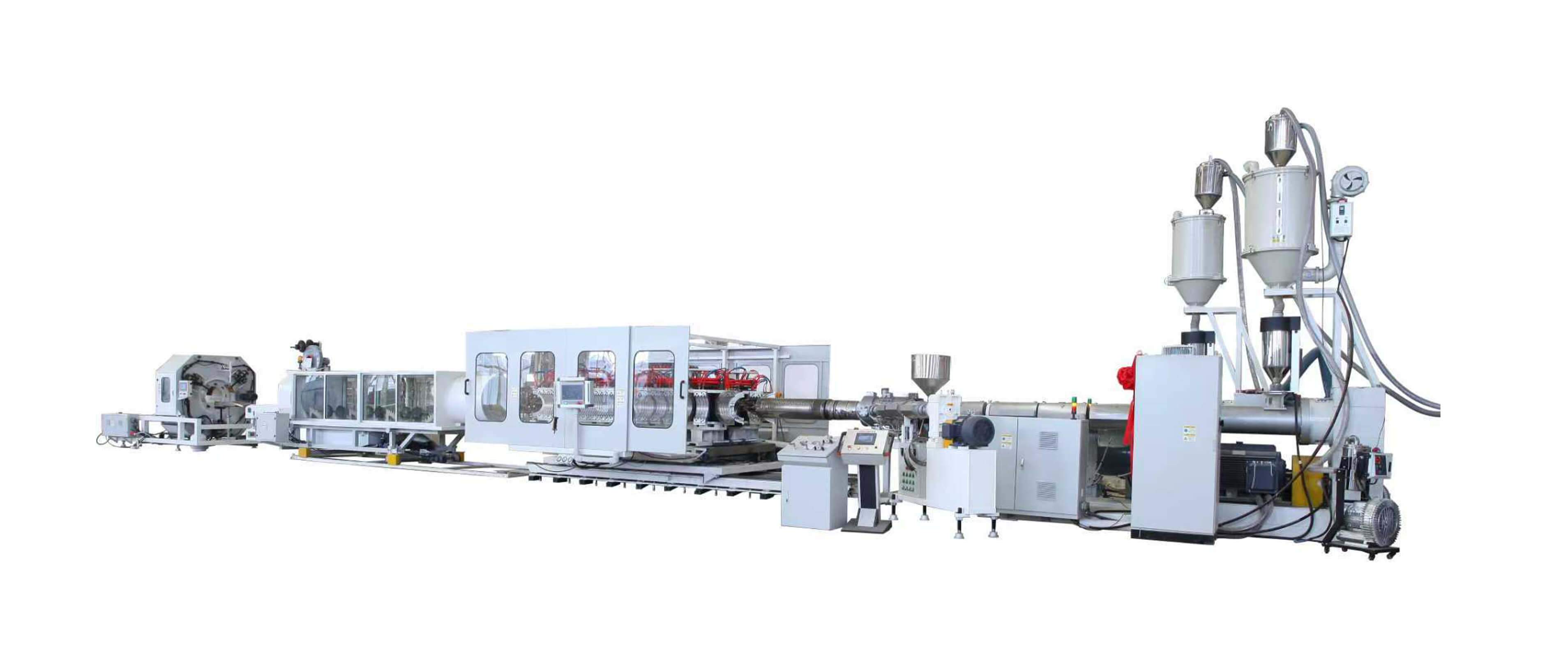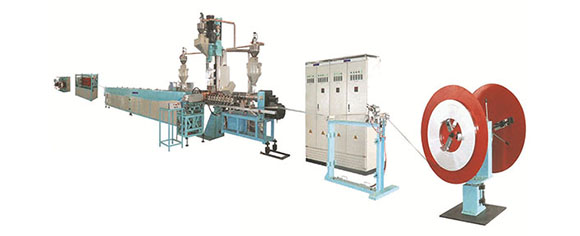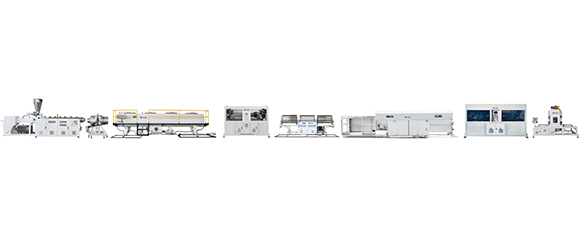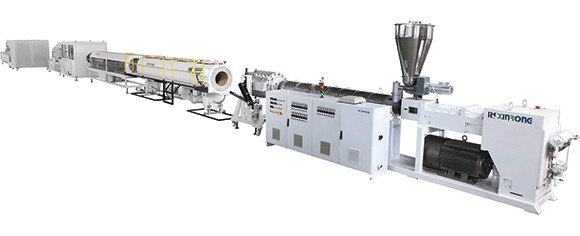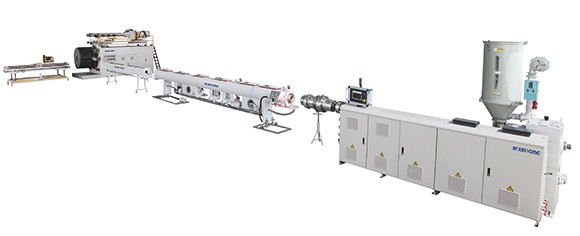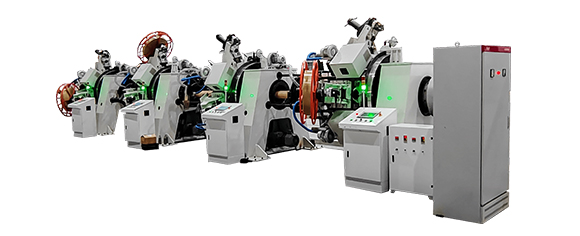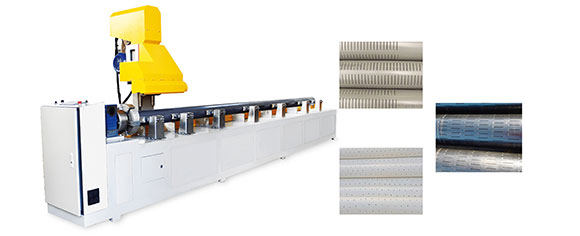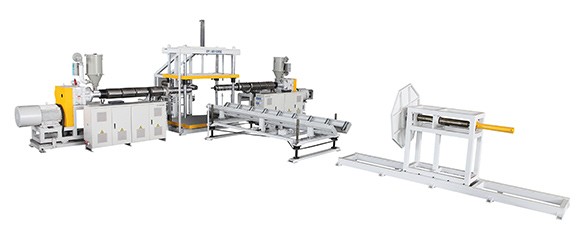News
Site Editor
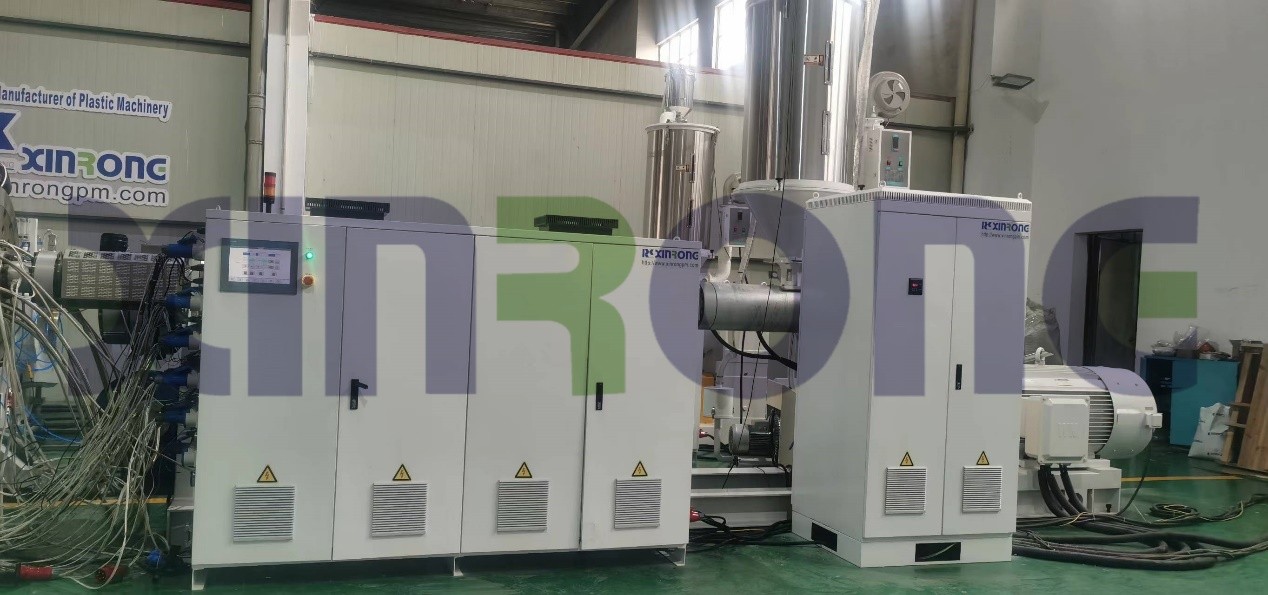 Site
/uploads/5cb96e23627a5.png
Fix plastic pipe defects: lower cooling to 20-25°C, clean sizing sleeve, adjust vacuum & die gaps. Solve scoring, dents, uneven walls with Jiangsu Xinrongplas tips.
Site
/uploads/5cb96e23627a5.png
Fix plastic pipe defects: lower cooling to 20-25°C, clean sizing sleeve, adjust vacuum & die gaps. Solve scoring, dents, uneven walls with Jiangsu Xinrongplas tips.
How to repair the plastic pipe production line when there are defects in use
Views: 62
Author: Site Editor
Publish Time: 2025-11-10
Origin: Site
When encountering production defects during operation of plastic pipe manufacturing lines, immediate production suspension and equipment maintenance are required. The primary solution involves lowering the process temperature. While standard production and cooling processes typically operate at 40°C, if product defects are detected, the water temperature should be reduced to 20-25°C. Concurrently, inspect the machine's water circulation system for potential blockages.
During plastic pipe production line inspections, if significant improvement in heating performance is observed with damaged heating rings, immediate repairs or replacements should be performed. Concurrently, use appropriate testing equipment to evaluate the water flow rate of the sizing sleeve. Should quality issues be detected, the supplier must be contacted promptly via phone and dispatched personnel for repairs. If all identified defects are resolved but defective products still occur during production, inspect the grinding tool for wear and perform cleaning accordingly.
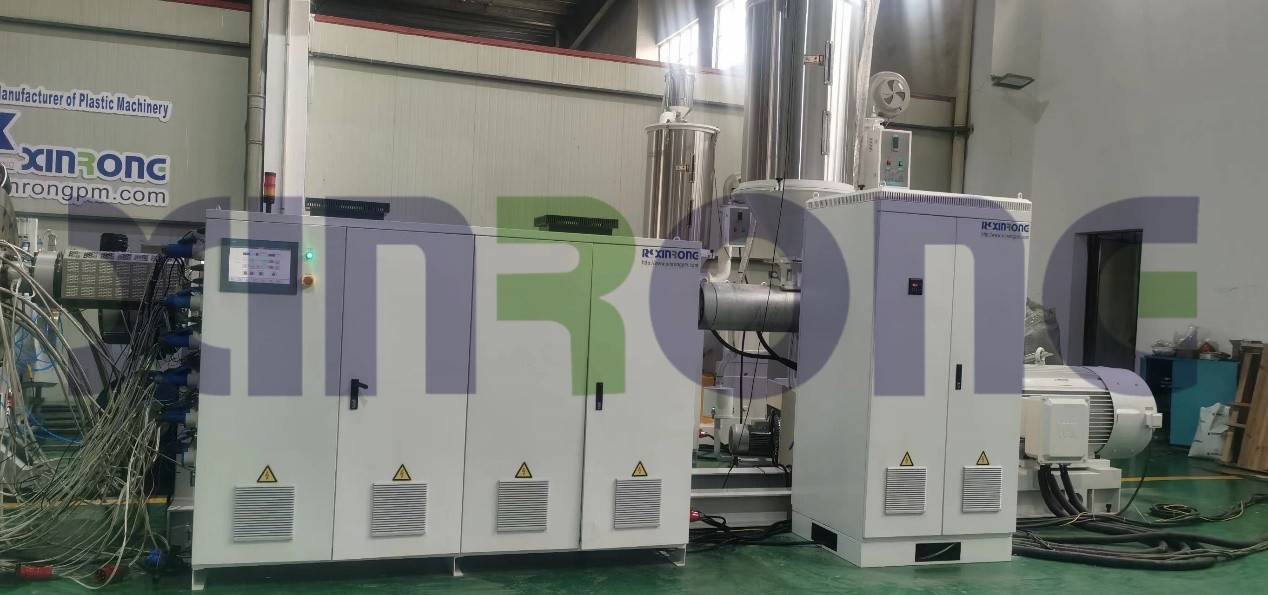
Surface scoring: Adjust the water flow from the sizing sleeve to ensure balanced pressure and prevent uneven cooling. Correct the vacuum forming chamber nozzle angle for uniform cooling and minimize scoring. Inspect hardware: Clean contaminants or burrs from the die, sizing sleeve, and cutting machine.
Check for internal surface dents or vibration rings. Inspect the inner tube for water ingress. Firmly press the tube blank after exiting the die to seal the cavity and prevent water-induced dents. Adjust the vacuum level to maintain slightly higher pressure in the rear chamber than the front chamber for stable tube formation. Test the traction machine to eliminate vibration issues and ensure consistent speed. Address uneven wall thickness by adjusting die clearance: tighten loose bolts and correct gaps between the die and mandrel. Verify the temperature sensor to ensure uniform heating of the heating ring, preventing inconsistent material flow. Clean the diverter shuttle or screen to prevent blockages that may cause uneven material distribution.
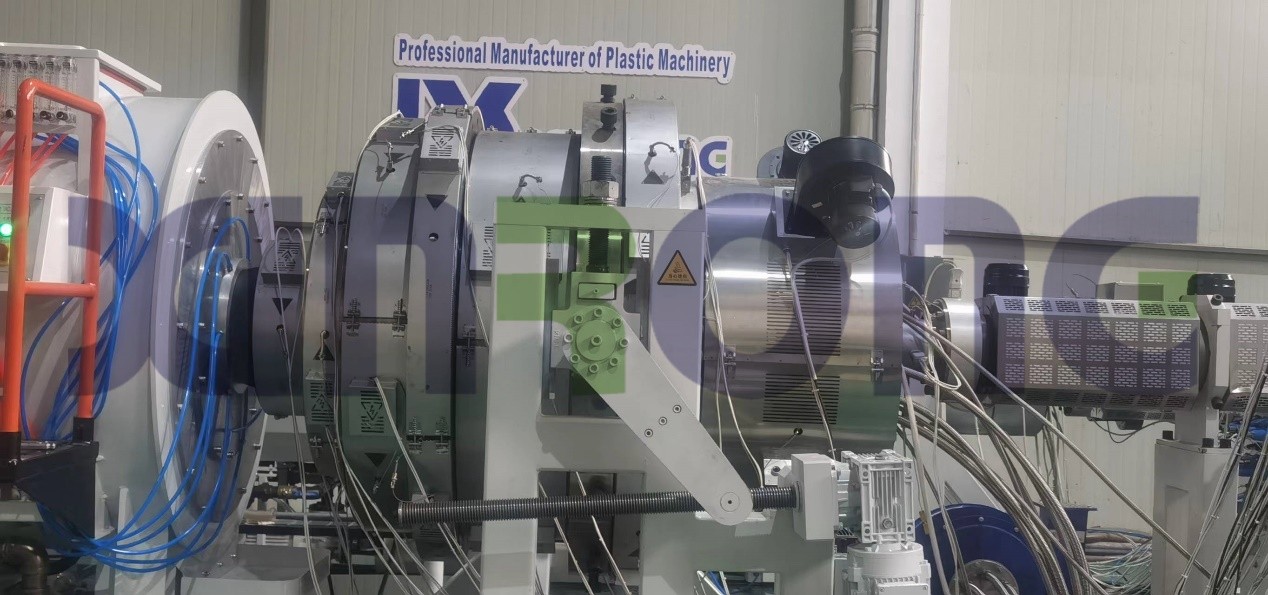
Circularity tolerance exceeded specifications. Adjust the vacuum level and draw speed to correct the sleeve's inner bore diameter. Inspect the cooling system: Ensure the spray chamber water temperature remains ≤35°C; install a chilled water system if necessary. Adjust the guide clamping device to correct pipe ovality. Address vacuum system issues: Clear blockages at the vacuum pump inlet and verify pipeline sealing integrity. Inspect core mold holes: Use fine wire to clear clogged screw holes. Surface waviness: Replace sealing rings or adjust the vacuum chamber to increase cooling water flow. Internal wall pitting: Clean raw material impurities and check temperature sensors. Scratches: Regularly clean sand and debris from the sleeve, support plates, or sealing rings.
When producing PE pipes using plastic pipe production lines, surface grooves indicate that the cutting machine or sizing sleeve may contain debris or burrs requiring cleaning. These grooves are likely caused by residual materials from previous production runs that couldn't be fully removed. Since most machine maintenance is routine, the next production run will maintain the same precision. If pipeline vibrations occur, carefully observe whether the discharge process is sluggish or uneven, which may indicate machine malfunctions. Therefore, production operators should be familiar with these common defects and their repair methods when operating the production line.
Through the above targeted maintenance, the common defects in plastic pipe production can be effectively solved. If the defects are complex, it is recommended to combine the equipment manual or professional technical personnel to guide the operation.

Jiangsu Xinrongplas Machinery Co., Ltd has advanced processing equipment and a strong professional technical team. Our advantage lies in continuously providing customers with reliable and reasonably priced products, as well as providing comprehensive pre-sales, in sales, and after-sales services such as raw material formulas, production processes, and personnel training to help customers grow rapidly and create great benefits.





